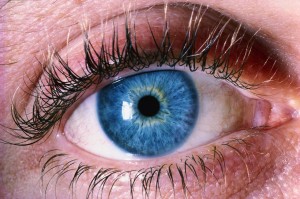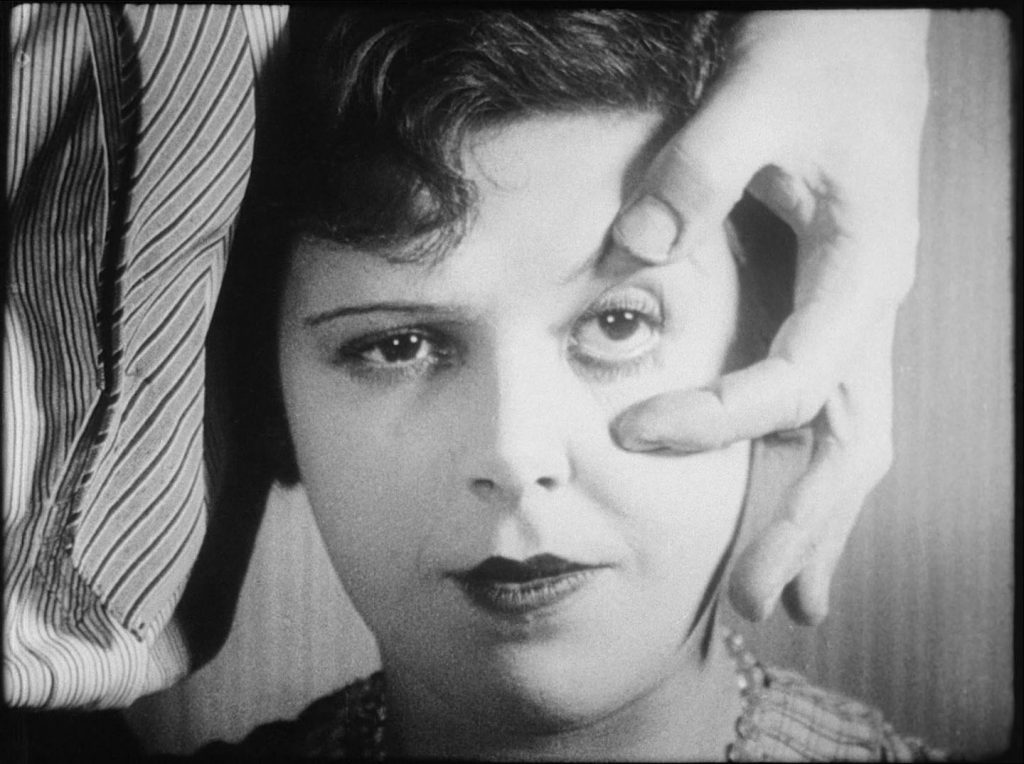
Macular Degeneration
A few weeks ago PatientTalk.Org ran a
short blog post looking at the impact of UV radiation on the eyes. In particular we looked at the risks and some of the issues surrounding macular degeneration the most common cause of blindness in the developed world.
So we are happy to share with you a recent interview we conducted which provides a Frequently Asked Questions (FAQ) guide to macular degeneration. While , perhaps, not quite all you need to know it gives a great overview of the condition. If you have any follow up questions feel free to add them to the comments box below and we will ask one of the experts we interviewed to respond.
PatientTalk.Org were pleased to interview Victoria O’Connor and Cathy Yelf to bring you this macular degeneration users guide. Ms Yelf is head of external relations at the Macular Society and looks after their patient information and medical research programmes. Ms O’Connor is the Eye Health Condition Manager at Boots Opticians.
PATIENTTALK.ORG Cathy the first question is, what is macular degeneration?
YELF Macular Degeneration is an eye condition which leads to the most common cause of blindness in the developed world/countries and it’s a condition of the retina of the back of the eye, the macular is a very small section of the retina, it’s about the size of a grain of rice and its actually responsible for most of our vision, for all the fine detail of what we see, most of our colour vision and all of our central vision. So if you lose your macular you cannot see faces, you can’t drive, you can’t read and at the end stage of the condition people have just a blank in the middle of their vision. So it’s a very serious, very deliberating and devastating condition for people if they are not getting the right kind of support and help.
PATIENTTALK.ORG And what the difference between wet and dry macular degeneration?
YELF Well yes your right there are two forms of age related macular degeneration. The first one is dry; most people have dry macular disease. And it’s called dry just because it’s not wet it doesn’t mean that your eyes are dry or anything and it’s really a very slow degeneration of the cells of the retina and the macular in particular so it becomes a little bit like a worn out carpet, its becomes a bit thread bare and the seeing parts of the cells of the eye the phot receptors of the eye gradually die off and people lose their vision .It’s quite a slow process over months and sometimes many years, And unfortunately there’s no way of stopping this progression at the moment, its untreatable. Wet macular disease effects fewer people but it’s a more aggressive faster acting disease and it’s called wet because its characterised by the growth of tiny abnormal blood vessels which grow into the macular and these leak and bleed and this leaking, bleeding and swelling of the macular eventually scars the macular and that robs people of their central vision, now that can happen quite quickly in the matter of days or week, fortunately there is a now treatment for wet macular degeneration which is injections of a drug into the eye which stops the developments of these abnormal blood vessels, but both of them often in the end lead to poor vision.
PATIENTTALK.ORG Victoria could you just talk a bit about what UV rays do to increase macular degeneration?
O’CONNOR So there’s been an increase in evidence over the number of years to suggest the true link between life time UV exposure and the development of macular degeneration as any one of us begins to age and actually, In fact the oral ib published a report called our future …….. reports and it estimates that over half a million people in the UK at the moment are suffering with partial sight lose or complete blindness as a results of cataracts or macular degeneration , and they too support the fact that there is growing evidence with the link with UV exposure and the risk of developing. I think UV exposure is a matter that is largely sort of clouded in many myths and many different misconceptions of how much and when were exposed, we know that up to 30-40% of UV exposure can happen on a day when the sky is very cloudy and many of us wander out and about certainly without sunglasses on and many of us even in spectacle lenses that don’t provide any great protection. So the real message were trying to drill home to people at the moment is about ensuring that people, number 1 are aware of how do I protect myself but also to ensure that people are aware that this about a life time worth of exposure rather than popping outside on the one sunny day we have.
PATIENTTALK.ORG Could you just go through how macular degeneration can be treated?
YELF Well there’s the wet form that can be treated but the other forms can’t. Would you like me to talk more about the injections?
O’CONNOR Well I think what we probably could say to Cathy’s point; the dry form is the most common form so we know that a significant of patients suffering will have the dry form. Clearly the risks of that is two folds, leaving an immediate risk of disturbance to vision it creates but obviously the other risk is that it then converts to the wet form which is even more severe. As Cathy said we can’t treat the dry form and that’s why the message about prevention and protection is so important, we also know with macular degeneration is that there are several risk factors that we just can’t control, so things like age, gender and sex but actually the elements we can control are absolutely the UV exposure and of course a little bit about dieting and nutrition as well.
YELF And smoking of course is the biggest factor.
PATIENTTALK.ORG And who gets MD, is it just age related or if you help pro long exposure to UV can you get it when you’re young?
O’CONNOR so as Cathy said there are several different risk factors so the principle risk factors would be smoking increases your risk, family history increases your risk, ageing is clearly the biggest risk factor, a diet that is lacking in anti-oxidants or generally lacking in good combination regularly of fruit and veg and clearly those who are exposed to UV over their lifetime are at an increased risk. It does tend to affect the majority of patients at the later stage of life, so certainly the over 60s but there has been cases reported younger then that as well.
PATIENTTALK.ORG And why has boots decided today to announce that they are going to include UV protection in their lenses?
O’CONNOR So I think UV is a topic that were all very well educated on as a general population in the UK, in relation to certain aspects so skin care for example, mums and dads daren’t let their kids out, even on a cloudy overcast day without popping some sun cream on . We know as women were very conditioned to buy moisturises, skin care even make up with an SPF built in. What we are less aware of though is that actually the eyes are up to ten times more sensitive to UV damage then the skin itself is and age related macular degeneration is clearly a huge concern at the moment but there are other conditions linked to exposure as well. So what we wanted to do first of all was top make UV protection really assessable to everybody , so actually if you don’t want to walk around in your sunny’s all year around, simply wearing a pair of spec with adequate protection can be a fantastic second option. What we also believed is that there is nobody in the UK who isn’t appropriate for having some UV protection whether you’re a child, adult, working age or in older life and so it was really important to us that whatever level of protection we introduced we could introduce it at a point that would be assessable to all and that’s why we are not charging extra for it, so it’s coming as standard on any pair of Boots lenses that our customers choose.
PATIENTTALK.ORG If they want some more information where can they go?
O’CONNOR We’ve got loads of information on boots.com, on out opticians website or if you pop into any Boots store they should be able some further detail.




